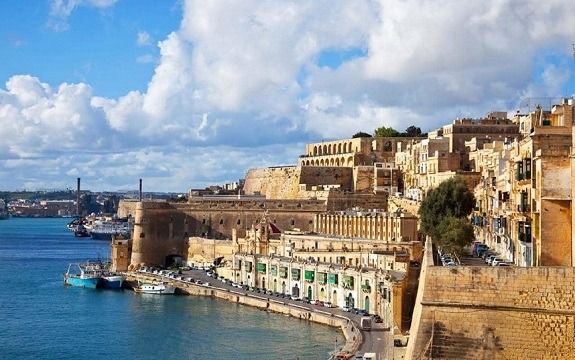Malta, an island nation in the Mediterranean Sea with 423 000 inhabitants, took over the rotating presidency of the Council of the European Union on 1 January 2017 and will hold the presidency until 30 June 2017. This is the first time Malta, which joined the EU in 2004, will assume the task.
A system with three member states (“trios”) working closely on long-term goals and a common agenda was introduced by the Lisbon Treaty in 2009. Each country prepares its own detailed six-month programme. The current trio consists of the presidencies of the Netherlands, Slovakia and Malta.
Malta will be followed by another small country, Estonia, which is replacing United Kingdom because of Brexit. Estonia is part of a trio with Bulgaria and Austria.
During its six-month presidency, Malta will focus on 6 priorities: migration, single market, security, social inclusion, Europe's neighborhood and maritime sector. Migration and security are common concerns in all EU but some of the priorities and their concrete objectives are clearly linked to Malta’s geostrategic location in the Mediterranean Sea.
Malta aims among others at strengthening the Common European Asylum System, revising the Dublin Regulation, ending roaming charges throughout Europe, continuing action on combating terrorism and improving participation of women in the labour market.
In EU’s Southern Neighbourhood, Malta wants EU to work with the stabilization of Libya and ensuring that the democratic transition in Tunisia remains on track.
In the maritime area, Malta will put forward a proposal for an International Ocean Governance framework.
David Casa, a Maltese MEP (EPP) said in an interview that security and migration must remain at the very top of the EU's agenda. “I am hopeful and expect that greater focus will be placed on the general situation in the Mediterranean region as the overall security and illegal migratory routes remain a huge challenge which needs to be tackled decisively.”
Another MEP, Miriam Dalli (S&D), said that the biggest challenges will be the latest political developments in Europe, including Brexit, and the elections in EU countries that can change the dynamics of the European Union. “Priorities during the presidency certainly include progress on the European immigration policy. We need an asylum system that ensures solidarity and dignity in relocation.”
The Malta Philharmonic Orchestra will give a concert on 16 January at Bozar, Brussels, to mark the start of the Maltese Presidency.
O. Apelblat
The Brussels Times

